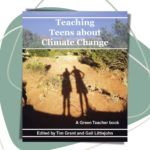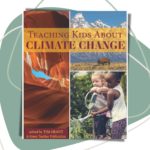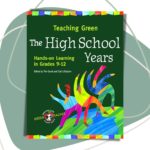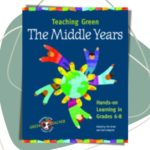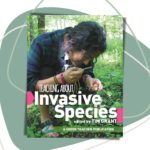For middle and high school students, the concepts of visual pollution and transportation are excellent entry points for studying the complex issues involved in community growth and planning. In Kentucky, we have had great success introducing these concepts through two Youth Environmental Summits that attracted teams of students from 8 schools in 2003 and from 16 schools in 2005. This article will explore some of the benefits and challenges of organizing such events on a state- or province-wide basis.
Read more
















